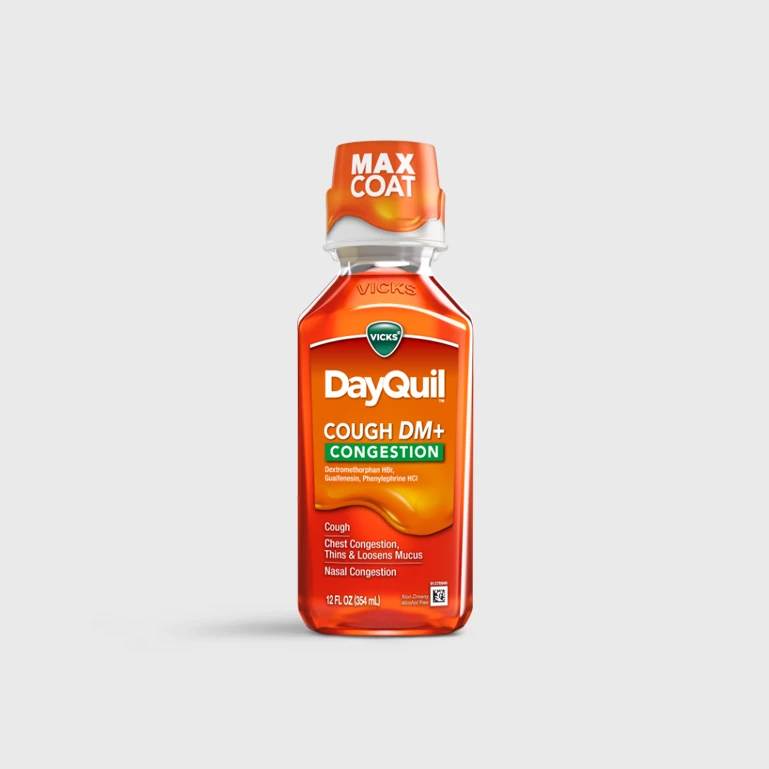CBD and Weight Management: Can Cannabidiol Support Healthy Metabolism?
CBD and Weight Management: Can Cannabidiol Support Healthy Metabolism?

CBD and Weight Management: Can Cannabidiol Support Healthy Metabolism?
Introduction
Cannabidiol (CBD), a non-psychoactive compound derived from the cannabis plant, has garnered significant attention for its potential health benefits. While CBD is often associated with pain relief, anxiety reduction, and improved sleep, emerging research suggests it may also play a role in weight management and metabolic health. In this comprehensive article, we will explore the science behind CBD and its effects on metabolism, appetite, and fat storage, addressing whether it can support healthy weight management.
Understanding CBD
CBD interacts with the body’s endocannabinoid system (ECS), a complex cell-signaling system that regulates various physiological functions, including appetite, mood, pain, and metabolism. Unlike tetrahydrocannabinol (THC), CBD does not produce a “high.” Instead, it may modulate the ECS to promote balance and homeostasis.
The Link Between CBD and Metabolism
-
Activation of Fat Browning
- One of the most intriguing discoveries about CBD is its potential to convert white fat cells into brown fat cells. This process, known as “fat browning,” increases the body’s ability to burn calories. Brown fat is metabolically active and generates heat, helping the body utilize energy more efficiently.
-
Regulation of Insulin and Blood Sugar Levels
- CBD may influence how the body regulates insulin and glucose. Studies suggest that it could reduce insulin resistance and improve metabolic function, which is crucial for preventing obesity and type 2 diabetes.
-
Reduction of Inflammation
- Chronic inflammation is often linked to obesity and metabolic disorders. CBD’s anti-inflammatory properties can help reduce this inflammation, potentially improving metabolic health.
CBD’s Impact on Appetite
CBD’s effects on appetite are complex and may vary depending on individual factors. Unlike THC, which is known to increase hunger (commonly referred to as “the munchies”), CBD appears to have a more subtle influence on appetite.
-
Appetite Suppression
- Some research indicates that CBD may suppress appetite by influencing receptors in the brain that regulate hunger.
-
Appetite Regulation
- CBD’s role in balancing the ECS could help normalize appetite, benefiting individuals who struggle with overeating or undereating due to emotional or physical conditions.
The Role of CBD in Fat Storage and Weight Loss
-
Influence on Fat Genes
- CBD may downregulate the expression of genes involved in fat storage, potentially reducing the accumulation of fat in the body.
-
Boosting Mitochondrial Activity
- By enhancing mitochondrial function, CBD can increase the body’s energy expenditure, supporting weight loss efforts.
-
Improved Lipid Metabolism
- CBD’s interaction with the ECS might also improve lipid metabolism, helping the body process fats more efficiently.
CBD and Stress-Related Eating
Stress and anxiety are significant contributors to unhealthy eating patterns and weight gain. CBD’s ability to reduce stress and promote relaxation can indirectly support weight management by minimizing emotional eating.
-
Cortisol Regulation
- High levels of cortisol, the stress hormone, can lead to weight gain, particularly in the abdominal area. CBD may help lower cortisol levels, reducing stress-related weight gain.
-
Enhancing Emotional Resilience
- By improving mood and reducing anxiety, CBD can make it easier for individuals to maintain a healthy diet and exercise routine.
Safety and Side Effects of Using CBD for Weight Management
-
Dosage Considerations
- The effects of CBD are dose-dependent, and the optimal dosage for weight management may vary between individuals. Starting with a low dose and gradually increasing it is generally recommended.
-
Potential Side Effects
- While CBD is considered safe for most people, some may experience side effects such as fatigue, diarrhea, or changes in appetite.
-
Interaction with Medications
- CBD can interact with certain medications, so it is essential to consult a healthcare provider before incorporating it into your weight management plan.
Choosing the Right CBD Product
-
Full-Spectrum vs. Broad-Spectrum vs. Isolate
- Full-spectrum CBD contains all cannabinoids and terpenes from the cannabis plant, including trace amounts of THC. Broad-spectrum CBD has all the compounds except THC, while CBD isolate is pure cannabidiol. Each type has unique benefits, and the choice depends on individual preferences and needs.
-
Third-Party Testing
- Ensure the product has been tested by a third-party laboratory for purity, potency, and safety.
-
Delivery Methods
- CBD is available in various forms, including oils, capsules, edibles, and topicals. For weight management, oral consumption is often preferred for systemic effects.
Integrating CBD into a Holistic Weight Management Plan
While CBD shows promise for weight management, it should not be viewed as a standalone solution. Combining CBD with a balanced diet, regular exercise, and stress management techniques is essential for sustainable results.
-
Dietary Considerations
- Focus on whole, nutrient-dense foods that support metabolic health. Incorporate healthy fats, lean proteins, and complex carbohydrates into your meals.
-
Exercise
- Regular physical activity, including both cardio and strength training, is vital for burning calories and building muscle.
-
Stress Management
- Practices such as mindfulness meditation, yoga, and adequate sleep can complement CBD’s effects on stress and emotional eating.
The Future of CBD and Weight Management
As research on CBD continues to expand, its potential applications for weight management and metabolic health are becoming increasingly evident. However, more large-scale, long-term studies are needed to fully understand its effects and establish standardized dosing guidelines.
Conclusion
CBD offers a promising avenue for supporting healthy metabolism and weight management. Its ability to influence fat browning, regulate appetite, reduce inflammation, and alleviate stress makes it a valuable addition to a holistic approach to health. However, it is crucial to approach CBD with realistic expectations and incorporate it as part of a broader lifestyle strategy.















